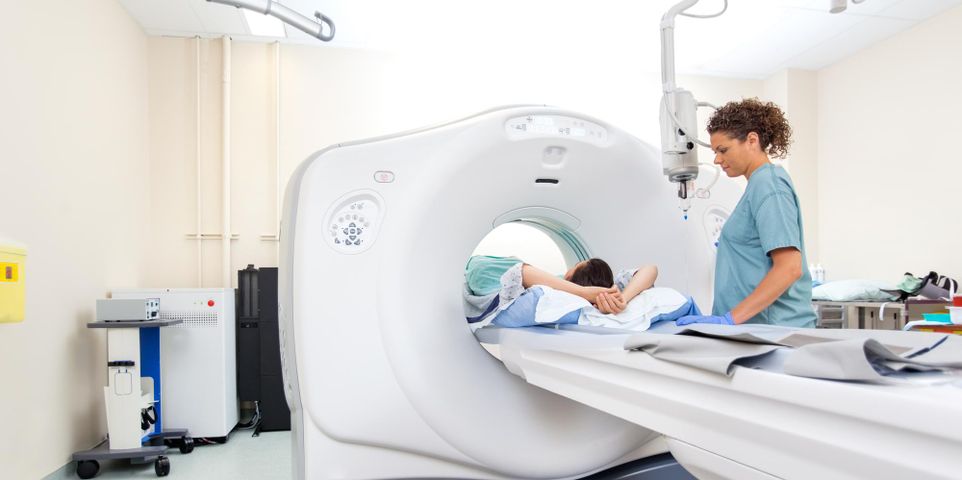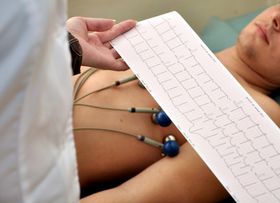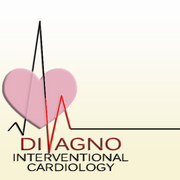4 Tests to Detect Heart Issues

Heart disease is a leading cause of death in the U.S. It causes about 647,000 deaths each year. It’s luckily easy to prevent with lifestyle changes, and there are many tests cardiac care professionals can perform to detect early signs. Below are a few of the most popular that a cardiologist may recommend.
4 Common Tests to Detect Cardiovascular Problems
1. Echocardiogram
An echocardiogram produces ultrasound waves that will bounce off of the heart. This creates an evolving image that allows cardiac care professionals to monitor heart valves and function in real-time. They will perform these during a resting heart rate and then while the patient walks at various speeds on a treadmill. This allows them to see how the heart responds to stress.
Echocardiograms can be used to detect high blood pressure and to assess valve function and electrical activity.
2. Electrocardiogram
 Electrocardiograms (EKG) monitor heart rhythm and are used to see if a patient has suffered a heart attack. A series of electrodes are attached to the chest and connected by wires to an EKG machine. It records the number and pace of heartbeats and the electric signals driving the heartbeat.
Electrocardiograms (EKG) monitor heart rhythm and are used to see if a patient has suffered a heart attack. A series of electrodes are attached to the chest and connected by wires to an EKG machine. It records the number and pace of heartbeats and the electric signals driving the heartbeat.
3. Cardiac MRI
A cardiac magnetic resonance imaging (MRI) test provides a detailed look at the heart structure and blood flow. Cardiac care professionals can use the results to find damage or see if arteries have narrowed or are blocked—precursors to heart attacks.
Patients lie on a moveable table that slides into a donut-shaped MRI machine. The MRI creates a magnetic field around you and uses radio waves to create an image of the heart. It’s a painless diagnostic procedure that takes between 30 and 90 minutes.
4. Nuclear Stress Tests
Nuclear stress tests monitor blood flow to the heart. First, the cardiac care professionals will inject an imaging agent into your veins. They’ll have you perform various exercises as it travels to the heart and will capture images. This test allows them to detect blockages, scarring, and other abnormalities that can contribute to heart disease.
If you have concerns about your heart health, the professionals at DiVagno Interventional Cardiology, MD, PA will answer all your questions and put your mind at ease. This Rochelle Park, NJ, practice offers a wide scope of cardiac care services. Dr. Lawrence DiVagno and his team will carefully assess your condition and then offer solutions to resolve complications. Call (201) 845-3535 or visit their website to explore their services further.
About the Business


